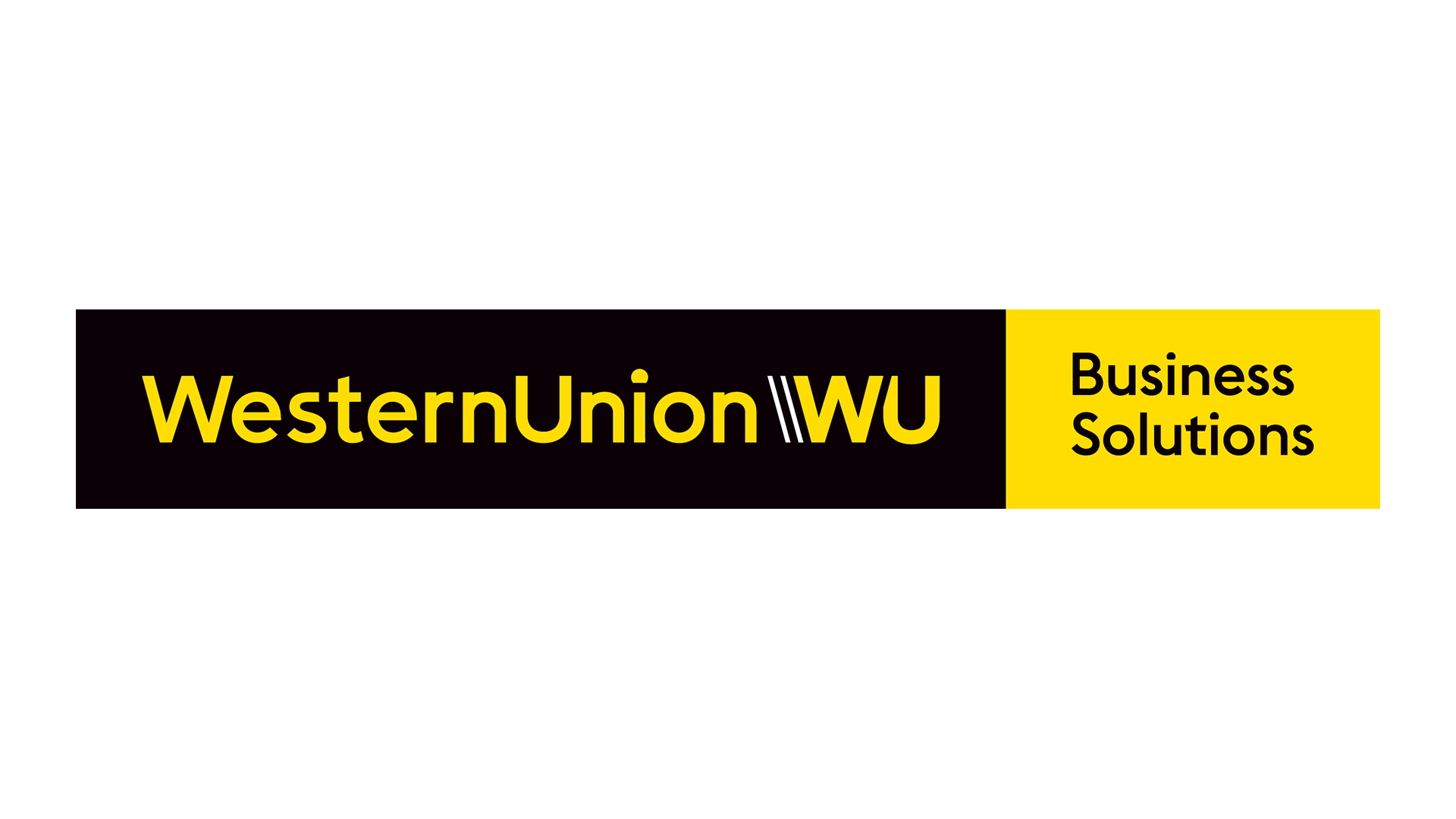With cross-currency transactions and international payments becoming increasingly relevant for a growing number of companies in the region, Western Union Business Solutions (WUBS) has partnered with the Greater Birmingham Chamber of Commerce (GBCC) to ascertain the impact of currency volatility on businesses operating across Greater Birmingham.
In the UK, the last five years have been characterised by political and economic uncertainty. However, businesses across the West Midlands have weathered the storm and made great strides in expanding their international reach. Indeed, the region has become an export powerhouse over the last decade and by the end of 2019, the West Midlands had a total value of exports of £31.9bn (just under 10% of all UK exports), the third highest of any English region.
Nevertheless, the last twelve months have been tough for exporters in the region, with the downturn in global markets particularly pronounced in the automotive sector and of course, businesses have also had to deal with the repercussions of the Coronavirus pandemic.
Against this backdrop, the data gathered for the WUBS and GBCC report is more relevant than ever, as local firms attempt to manage currency fluctuations in a bid to maintain healthy profit levels. Of those businesses that trade overseas, geopolitical developments were cited as their predominant concern in attempting to shape their foreign exchange risk management strategy. The report also reveals that the majority of exporters affected by FX volatility are tending to pass on the additional costs accrued to their customer base.
International trade – growth and opportunity
It was also telling that the majority of the businesses that contributed to this report are not currently exporting their goods and services across the globe. However, turbulent times always throw up opportunities as well as challenges, and now could be a good time for local companies to review their business strategy and explore the possibility of trading internationally.
International trade is not limited to the shipping of goods in containers. The intangible global trade of ‘services’ – the exchange of expertise, business functions, and intellectual property is a growing and important element of cross-border trade
New technology and communication tools make us more connected than ever before. Today, WUBS estimates that services contribute to over half (55%) of all global trade flows. To download the WUBS report on the global services revolution, click here.
The Report
Summary Findings
• Just over two thirds of businesses in the region trade in GB Sterling. This was more prevalent amongst service firms as opposed to manufacturers
• Just over a quarter of manufacturers expressed concerns over market volatility with regard to managing FX risk
• Of those businesses suffering from market volatility, just over a third of firms across the board were passing on additional costs to their customers
• Just under a quarter of firms across the manufacturing and service sector are absorbing additional costs in a bid to manage the fallout from market volatility
Report Methodology
A set of questions was included in the GBCC’s Q2 2020 Quarterly Business Report survey which was completed by over 850 local businesses. Of those, 111 classed themselves as manufacturers and 746 operate in the services sector. The survey was conducted between 18th May and 9th June during the lockdown period introduced by Government.
Section I – Managing FX Risk
Participants were asked the following question: What is the biggest worry today in FX risk management for you?

In total, 14% of businesses across both sectors combined cited the timing of trades and market volatility as the primary concern in relation to FX risk management. However, notable differences emerged in relation to the individual sectors with 27% of manufacturers noting concerns over market volatility compared to only 9% of service firms. Anxieties in relation to international trade and geopolitical developments (relating to matters such as Brexit and US / China Trade Wars for example) were particularly prevalent amongst manufacturers (28%) however, less so for businesses operating in the services industry (9%).
Concerns related to regulatory or reporting requirements (relating to matters such as Hedge Accounting or European Market Infrastructure Regulation) were non-existent amongst manufacturers and fewer than 1% of service firms referred to this as a point of concern. 67% of business across the board only traded in GB Sterling with the percentage considerably higher in the service sector (72%) than in the manufacturing sector (41%).
4% of businesses referred to other concerns beyond the options they were initially presented with. For example, one business referred to the impact on overseas asset valuations and another mentioned greater anxiety over increasing banking transaction costs.
Section II – Responding to Currency Volatility
Participants were asked the following question: How would you respond to currency volatility?

In total, 34% of firms suggested they were passing on costs to their customers as they attempted to respond to fluctuating exchange rates. A similar pattern emerged within the two individual sectors with 38% of manufacturers raising the cost of their goods and services and 33% of service sector businesses doing likewise. Just over a quarter of firms operating in the service industry are absorbing increased costs within their business in a bid to manage the fallout from exchange rate volatility compared to 16% of manufacturers. 12% of manufacturers have attempted to re-negotiate overseas contracts as part of their strategy with 9% of service firms doing the same.
Reshaping their FX Hedging strategy (with a particular focus on reviewing the percentage of currency being hedged or reviewing the duration of the hedging strategy) proved to be a more common approach amongst manufacturers (14%) as opposed to only 5% of service sector businesses. Despite the uncertain landscape that businesses find themselves operating in, few firms in either sector (7% of service firms and 5% of manufacturers) suggested they were ready to redevelop their FX policies in a bid to overcome the fallout associated with exchange rate volatility. Only 3% of service companies had attempted to switch to geographies with better exchange rates. Beyond the options which were presented in the survey, businesses also referred to switching their service provision and delaying overseas investment decisions as specific responses in dealing with FX currency swings.
Conclusions – Support Needed for Local Businesses
Over the next few months, as the region emerges from the most unprecedented crisis witnessed in a generation, and businesses attempt to adapt to the post-lockdown landscape, the export health of the West Midlands will come into sharper focus. Meanwhile, Britain’s impending departure from the European Union will create further uncertainty in the coming months. With 26% of businesses ranking currency volatility as a concern in the Quarterly Business Review Survey, it is clear that additional support is needed, especially for SMEs.
In fluid market conditions, there is an increased need for specialist international payment and FX services. For those businesses looking to expand their overseas reach, a clear risk management strategy will need to be in place to minimise any potential fallout from exchange rate volatility.
This period of instability and uncertainty is the perfect time for businesses to put plans into place when it comes to currency exposure. Although markets have been calmer in recent weeks, there is still the potential for a great deal of volatility and with that, the opportunity to trade at the right time as well as the wrong time. Getting the right exchange rate at the right time can make all the difference to the bottom line, and having a flexible currency strategy in place can go a long way towards mitigating the uncertainty that comes with turbulent times. Western Union Business Solutions is a specialist in currency transactions and risk mitigation, and is on hand to help provide businesses with the support they need to understand their exposure and adjust their financial plans.
With the support of Western Union Business Solutions, any business owner can be in control of their international payments and make sound, informed decisions to help manage the effects of currency fluctuations.
According to Hedging Director, Alex Lawson from Western Union Business Solutions,
“There may well be no return to the status quo ante, for better or worse, so any business must plan ahead for all eventualities. The government’s recent dossier set out a potential roadmap, but progress could be stymied at any point by another flare up of the virus. So, while welcome, it can only do so much to reduce the uncertainty faced by businesses in the UK. As such, any plan will need to consider a range of potential outcomes based on probable impact to your industry.”
Western Union Business Solutions can assist you with the solutions you need to access over 130 currencies around the world. Our extensive global network spanning over 200 + countries and territories, combined with our knowledge of local markets can help enable you to manage international payments simply and efficiently. Additionally, in combination with our strategies, tools and solutions, we can work together to help protect your business from foreign currency fluctuations and help you to make sound business decisions.
To receive relevant economic insight on a daily or monthly basis, please sign up for the Daily Market Analysis and/or the Monthly Currency Outlook by clicking here.
If you would like further support, contact [email protected] for a free consultation or to open a free, no obligation trading facility.
This article first appeared on https://business.westernunion.com/en-gb/blog/analysis-of-the-impact-of-exchange-rate-volatility-on-greater-birmingham-businesses









